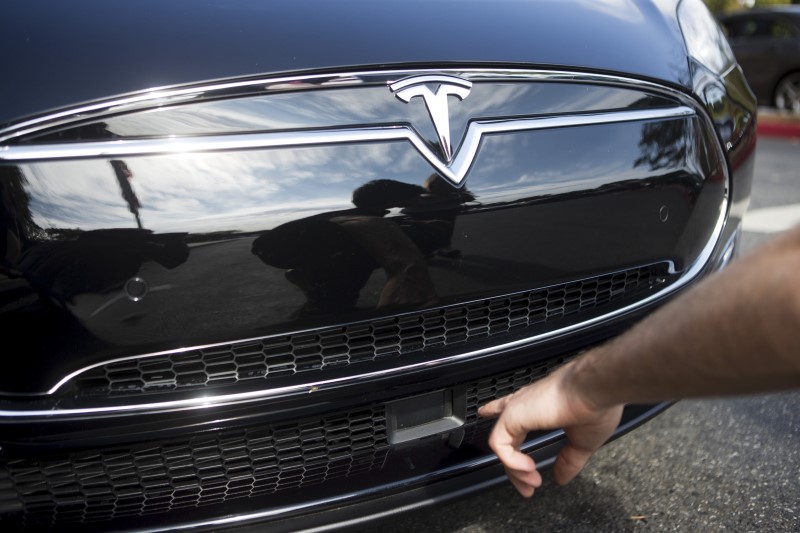Earlier this week, the Biden Administration said it plans to raise tariffs on electric vehicles (EVs) and related components sourced from China.
While the proposed measures are broader than initial reports indicated, analysts at Wolfe Research see limited near-term implications for U.S.-based manufacturers and suppliers.
Analysts highlighted that the newly proposed tariff rates are not final and must still go through a public comment and review process, which is expected to take several months.
Key highlights of the proposed move include a substantial increase in tariffs on China-made EVs, which will rise from 25% to 100% in 2024. This does not include the global 2.5% tariff rate, meaning the new rate would be 102.5%.
Tariffs on EV batteries will jump from 7.5% to 25% in 2024, with the same rate applied to batteries for energy storage applications starting in 2026.
In addition, Tariffs on natural graphite will increase to 25% from 0% by 2026, affecting the cost of U.S. batteries by approximately $50-$60.
However, synthetic graphite, which constitutes 70% of global battery usage, is not included in the tariff list.
Certain critical minerals are expected to see tariff increases from 0% to 25% in 2024, though details are still forthcoming.
“Amongst the main OEMs, Tesla (NASDAQ:TSLA) and Ford (NYSE:F) appear most impacted near-term,” analysts at Wolfe Research commented.
“Ford recently transitioned the standard-range version of the Mach-E to LFP cells (sourced from CATL in China). Meanwhile, TSLA is also using CATL for Standard-Range Model 3,” they added.
On the other hand, Rivian (NASDAQ:RIVN) sources its cell and battery components mainly from Korea and North America, while GM is well-positioned, manufacturing all cells in the U.S. and sourcing its critical materials outside China, thus reducing the tariff impact.
